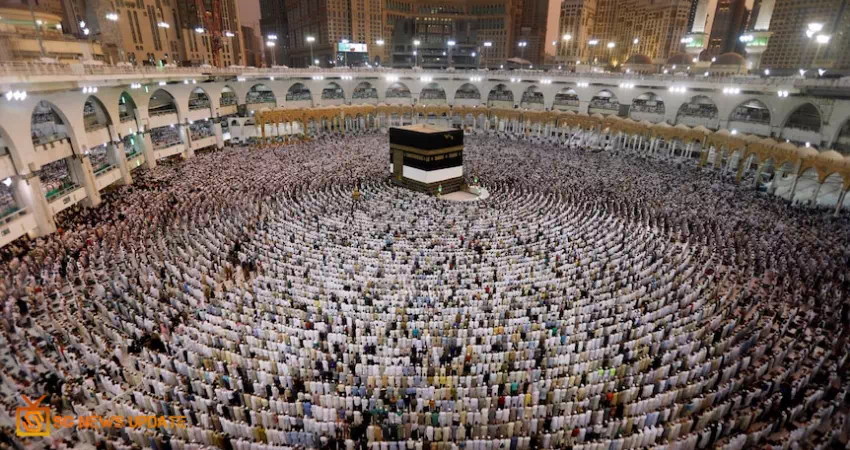
Saudi Arabia, home to the holiest Muslim locales, has for some time been related with an inflexible strain of Islam known as Wahhabism that enlivened ages of worldwide fanatics and left the oil-rich realm saturated with traditionalism. Yet, the part of religion faces the greatest reset in current occasions as Crown Prince Mohammed bin Salman, prodded by the need to broaden the oil-dependent economy, seeks after an liberalization drive in corresponding with a lively crackdown on contradict.
Working on a critical mainstay of its Islamic identity, the public authority last month requested that mosque amplifiers limit their volume to 33% of their most extreme limit and not broadcast full lessons, referring to worries over noise pollution. The move set off an online reaction with the hashtag "We request the reappearance of mosque speakers" acquiring foothold.
It additionally started calls to boycott lurid music in eateries, when taboo in the realm however now normal in the midst of liberalization endeavors, and to fill mosques in such huge numbers that specialists are compelled to allow amplifiers for those standing outside.
However, specialists are probably not going to move, as economic changes for a post-oil period overshadow religion, onlookers say. "The nation is restoring its establishments," Aziz Alghashian, a politics instructor at the University of Essex, said. "It's anything but a economically determined country that is putting generous exertion in attempting to show up seriously engaging — or less intimidating — to financial backers and vacationers. "In what was once unbelievable, a few shops and cafés now stay open during the five every day Muslim prayers.
Coming Soon...!
Comments (0)